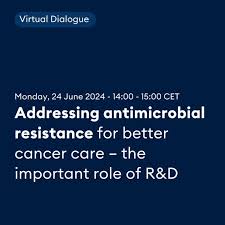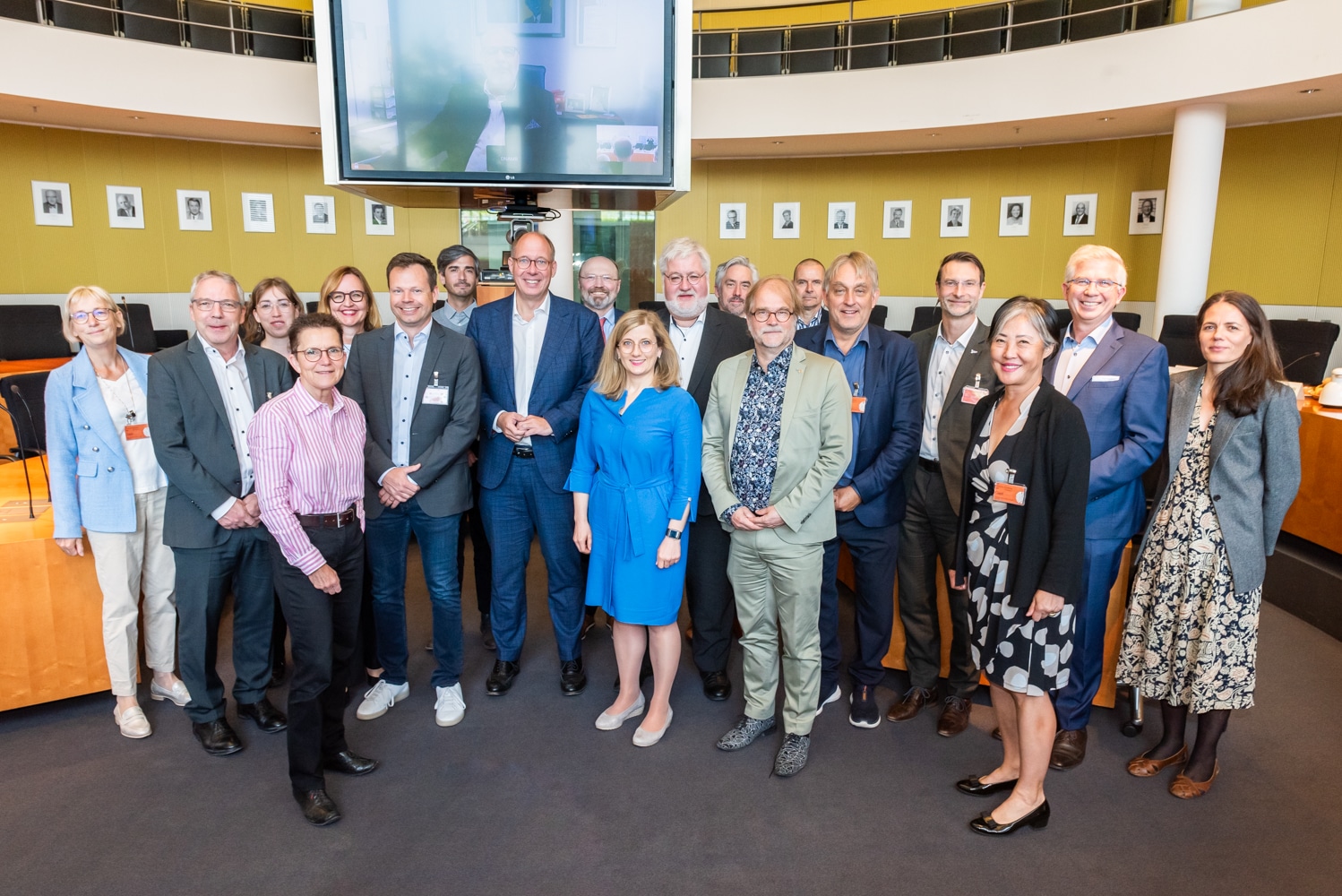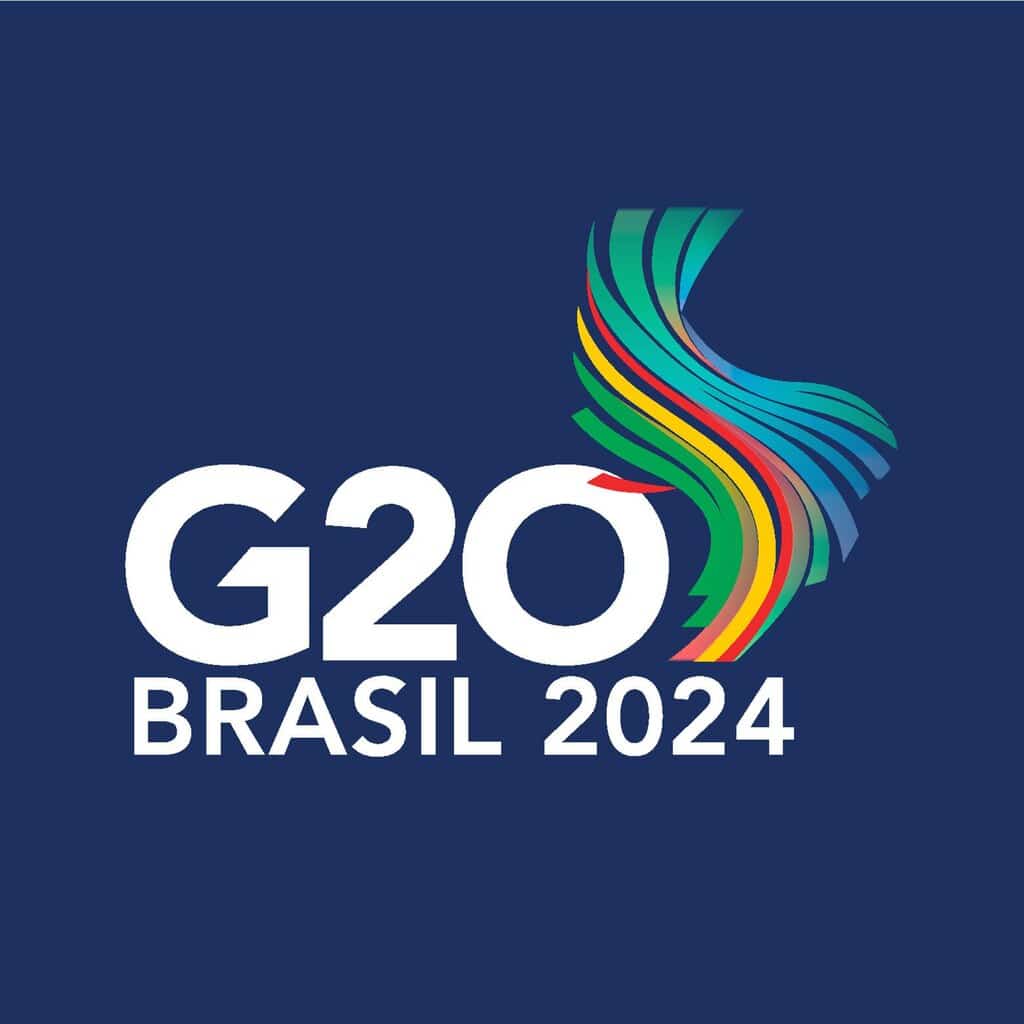Under the UK’s G7 Presidency in 2021, Finance Ministers committed to take additional steps to address antibiotic market failure and create economic conditions to preserve essential existing antibiotics and ensure their access, strengthen antimicrobial resistance (AMR) research and development (R&D), and bring new drugs to market if they meet identified public health needs. To support this work, the G7 Finance Ministers requested the Global AMR R&D Hub and WHO to prepare a progress update for G7 Finance and Health Ministers in 2022.
In response to this request, the Global AMR R&D Hub and WHO have generated a joint report for G7 ministers providing an update on the following topics:
- The current antibacterial treatment and vaccine pipelines.
- The financial landscape for developing new antimicrobials.
- Recommendations for future action.
Access the joint Global AMR R&D Hub & WHO report here: Full report & two-page summary.
The report was submitted to the G7 Health and Finance ministers ahead of their meeting in Berlin on the 19th and 20th of May for their deliberation and consideration. Access the communiqués arising from the ministerial meetings here:
- G7 Health Ministers’ Communiqué
- G7 Finance Ministers and Central Bank Governors’ Petersburg Communiqué
We applaud the G7 Health & Finance Ministers’ commitments to effectively tackle AMR, recognising that it continues to set the global health community further back from achieving universal health coverage and sustainable development goals. We also welcome their support for the Global AMR R&D Hub’s work to further address challenges linked to AMR and improve coordination and collaboration in global AMR R&D using a One Health approach.
Key recommendations from the joint Global AMR R&D Hub & WHO progress report:
- Increase awareness and calls to action: Broaden awareness of AMR R&D challenges and opportunities by issuing specific calls to action with relevant partners and stakeholders, including the Quadripartite (AMR Multi-Stakeholder Partnership Platform, One Health Global Leaders Group (GLG) on AMR; Multilateral health and development organisations (e.g., UNICEF, World Bank); Global and national industry and public health advocacy groups.
- Maintain push funding for AMR R&D: Establish global R&D targets based on patient needs for the investment in the R&D of new antibacterial treatments and encourage specific national commitments; Strengthen R&D targeting priority bacterial pathogens to ensure a steady supply of new antibacterials, and missing vaccines, that address urgent public health needs; Build on significant investment in early stage product development and further support later stage clinical development; Provide coverage across the R&D pipeline and increase the donor base for CARB-X and GARDP.
- Increase and coordinate pull incentives: Implement a coordinated and aligned global pull incentive focusing on urgent public health needs. Recognising the complexity of achieving consensus on a single concept across diverse domestic health systems within the G7, countries are urged to prioritise and accelerate efforts to develop and implement new innovative delinked pull incentive models that target priority bacterial pathogens and lead to the development of new and novel antimicrobials. The Global AMR R&D Hub can facilitate sharing of lessons learned and coordination to align global pull incentives.
- Advance equity and access through AMR development cooperation: Take up access to priority antibiotics as a key factor in mitigating the AMR response. Development cooperation agencies should expand their remits to AMR, including the development of needed new antibacterial treatments (e.g., through the Global Fund). G7 countries should consider financing the SECURE pilot.
For more information:
Email: globalamrhub@dzif.de
